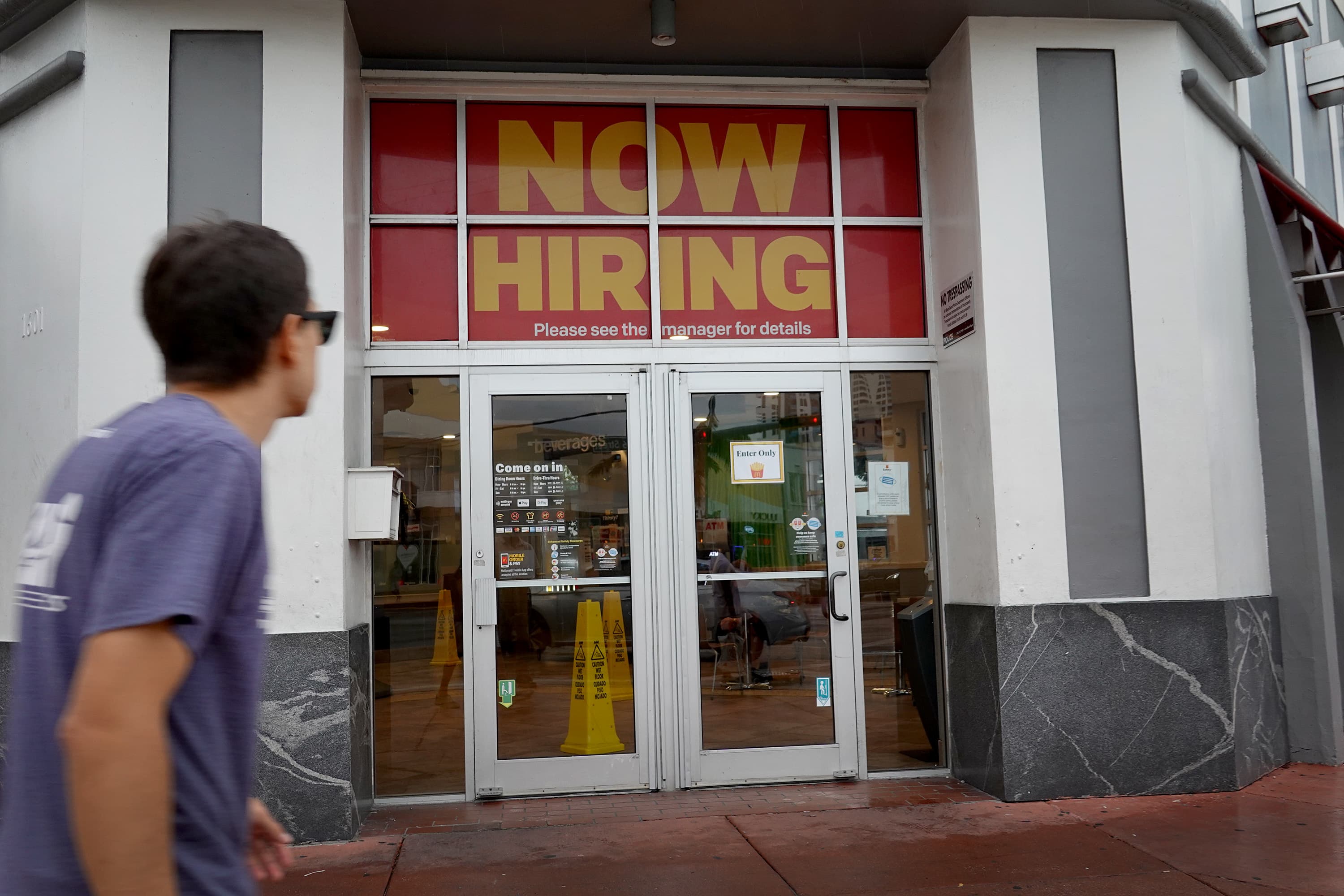Americans are quitting their jobs in record numbers. However, they likely won’t qualify for unemployment benefits.
Just over 4.4 million people quit in September, an increase of 164,000 from the prior record in August, the Labor Department said Friday.
The quits rate also jumped to 3%, another all-time high. (This measures the number of quits during the month as a percent of total employment.)
The “Great Resignation” may be attributable to many things — pandemic burnout, near-record job openings, higher pay, more workplace flexibility, or a reimagining of one’s career.
Whatever the reason, people who quit their jobs typically can’t rely on unemployment benefits as a financial buffer during their career transition.
More from Personal Finance:
These are the states and cities where evictions are still banned
Inflation is coming for Thanksgiving dinner
What Medicare beneficiaries should know about next year’s prescription drug plans
“Generally, if you voluntarily resign your job, you’re not eligible for unemployment,” according to Paul Sonn, state policy program director at the National Employment Law Project. “It’s not something people who quit their jobs can count on.”
There are exceptions to the rule if workers have good reason to quit, Sonn said.
For example, workers who leave a job due to unsafe work conditions or “constructive discharge” (if an employer essentially forces an employee to quit) may qualify for benefits.
States, which administer unemployment insurance, interpret these rules differently.
“It’s something decided on a case-by-case basis,” Sonn said. “You’d need to apply for benefits and explain the situation.”
If states deny benefits, workers may appeal if they feel their voluntary quit constitutes a legitimate claim. The process often takes months, Sonn said.
Congress had expanded the eligibility scenarios during the Covid-19 pandemic. For instance, workers may have qualified for temporary federal unemployment benefits if they quit work for childcare responsibilities. Those federal benefits expired nationally on Labor Day, however.
Of course, the ability to collect unemployment benefits may be of little concern for workers who are able to pick up another job quickly. Many households have also built up savings during the pandemic.
There were 10.4 million job openings in September, according to the Labor Department. That’s the third-highest level on record, behind July (11.1 million) and August (10.6 million), according to data from the Federal Reserve Bank of St. Louis.
Quits have been concentrated in a few sectors of the economy, chiefly those in which most work is in-person or relatively low-paying, according to Nick Bunker, the director of economic research at the Indeed Hiring Lab.
For example, quits in the manufacturing sector and leisure and hospitality jobs (like bars and restaurants) were up 78% and 43%, respectively, in September versus February 2020, Bunker said. Meanwhile, those in the financial activities sector were up just 5% over that period.
“The ‘Great Resignation’ is more a story about strong demand for workers, rather than a rethink of work among higher-income workers,” Bunker said.
